Texas is home to plants that could be harmful or toxic to your pets if they are ingested. Your pet is also at risk of poisoning if they ingest medications, cleaners, chemicals, and other household toxins. It’s important to know what pet poisons are most dangerous to your pets, be able to recognize the warning signs of poisoning in cats and dogs, and act quickly to save your pet’s life.
Texas Plants That Are Poisonous to Pets
Some toxic plants may make your pet sick, while others can be fatal. Here are the most poisonous plants for pets in Texas:
- Lilies – When ingested by cats, they can cause severe kidney damage.
- Sago Palm – All parts are poisonous to pets, but the seeds or nuts contain the highest amount of the toxin. One or two seeds can cause vomiting, diarrhea, seizures, liver failure, or death.
- Tulip – Tulip bulbs contain toxins that can cause gastrointestinal distress, drooling, central nervous system depression, convulsions, and heart attack or death.
- Azalea – Members of the Rhododendron family contain grayanotoxins, which can cause vomiting, drooling, diarrhea, weakness, and central nervous system depression. Large amounts can cause coma, heart attack, or death.
- Oleander – All parts of the oleander plant are toxic to cats and dogs. They contain cardiac glycosides that cause gastrointestinal distress, abnormal heart function, hypothermia, and death.
Medications that are Toxic to Pets
Over the counter pain medication, prescription painkillers, vitamins, antidepressants, stimulants, and recreational drugs are common household pet poisons, and be lethal if ingested by a pet. If you drop a pill or bottle of pills on the floor, make sure you pick up every single pill. Do not leave bottles, containers, or loose pills anywhere your pet could get to them.
Household Chemicals and Cleaners that are Poisonous to Pets
There is always a chance that pets may accidentally come into contact with household chemicals or cleaners or that these substances will contaminate their food or water. The most dangerous to pets are antifreeze, rat poison, ammonia, chlorine, bleach, isopropyl alcohol, essential oils, fabric softener, glass cleaners, herbicide, insecticide, hydrogen peroxide, mulch, fertilizer, carpet cleaners, detergents and detergent pods, bathroom cleaners, and disinfectants.
What to Do if You See Signs of Poisoning in Your Pet
The most common signs of poisoning in pets are:
- Vomiting
- Diarrhea
- Excessive drooling
- Excessive thirst
- Confusion, agitation, or restlessness
- Depression
- Lethargy
- Loss of appetite
- Dizziness or trouble walking
- Inability to walk
- Seizures
- Rapid heart rate
- High temperature
- Seizures
- Loss of consciousness or coma
If you suspect that your pet has been poisoned or has come into contact with a toxic or poisonous substance, immediately call your veterinarian and the ASPCA Animal Poison Control Center. Describe your pet’s symptoms and provide any information you have about what your pet ingested. Take your pet to the closest emergency animal hospital for immediate treatment.
At All Pets Animal Hospital & 24 Hour Emergency Care, we specialize in emergency veterinary services in Katy, TX. We are open 24/7/365 and accept walk-in patients. Call us now for emergency triage and assistance, or bring your pet into our emergency animal hospital. You can also book an appointment online.

